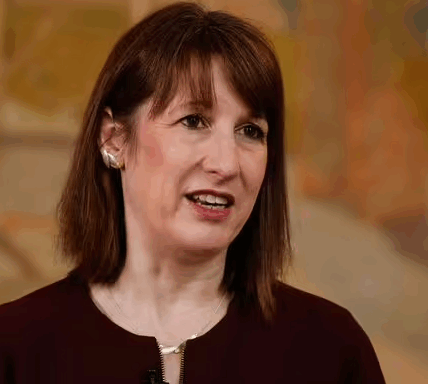The Government is carrying out a review of the PIP system

DWP minister Andrew Western spoke about PIP in Parliament (Image: Parliament TV)
The DWP has issued a statement about proposals to stop benefits such as PIP (Personal Independence Payment) for people with certain health conditions. The update came after Shadow Work and Pensions Secretary, MP Helen Whately, set a motion before the House of Commons, proposing changes to curb welfare spending.
She called for several changes to “fix Britain’s welfare system”, including “stopping benefits for those with lower-level mental health conditions”. Further setting out the Conservative party’s plans, she said: “We would stop sickness benefits for people with lower-level mental health conditions like anxiety and reform Motability, putting an end to taxpayer-funded cars for people who have conditions like ADHD and tennis elbow.
“We would bring back face-to-face assessments, which are going down under this Labour Government, and change the sick note system so that it does not just funnel people out of the office and on to benefits. Our welfare system should be a safety net but it has become a welfare trap, condemning people to live off the state rather than off their elbow grease. Of course, help should be there for people who are unable to work or who need a lot of support to do so.”
DWP minister Andrew Western was unimpressed with the proposals to stop some people’s benefits. He said the proposal was “poorly defined”, questioning: “What are lower-level mental health conditions?
“PIP is not condition-based, at any rate, and we would hope that the Conservative party would know that, because it created that benefit.” PIP supports people who have a long-term health condition or disablility that affects them in their daily living or in their mobility, helping cover the extra costs associated with their condition.
There are currently some 1.4 million people claiming PIP due to a mental health condition. These include for conditions such as dyslexia and dyspraxia, personality disorder, OCD and anxiety and depressive disorders.
The Government is currently carrying out a review of the PIP assessment. Claimants often go through an assessment to determine how much support they should get.
How much is PIP?
There is a lower and higher rate for each element of PIP depending on your level of need. These are the current weekly payment rates:
Daily living part
- Lower weekly rate – £73.90
- Higher weekly rate – £110.40.
Mobility part
- Lower weekly rate – £29.20
- Higher weekly rate – £77.05.


